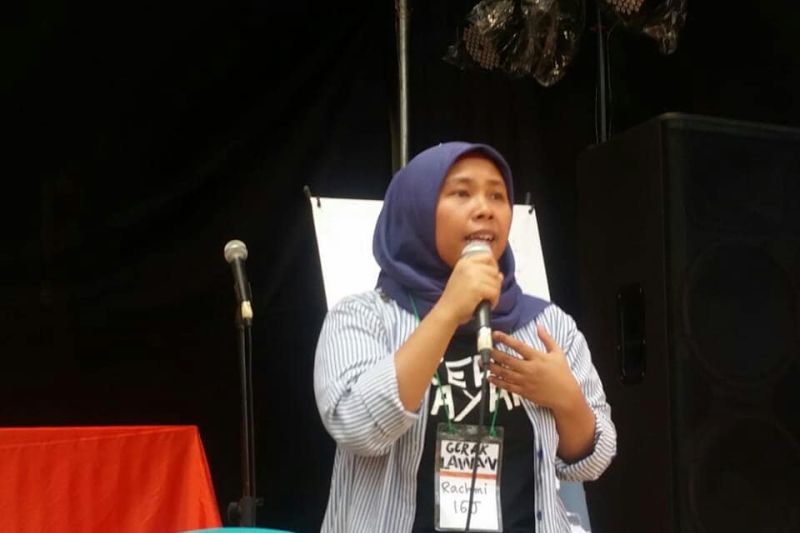TNI researcher Rashmi Hirtanti suggested that the Indonesian presidency of the G-20 should discuss the impact of US and Chinese hegemony on the economies of developing countries.
“In the context of the interests of developing countries, the Indonesian G20 presidency should be able to discuss the impact felt by developing countries, especially in Asia, from the battle for hegemony between the US and China,” Hratanti said. in a statement here. Sunday.
He made this statement based on a series of facts that developing countries are highly dependent on investments from these two countries for their national development agenda.
According to her, the ASEAN agenda in the Indo-Pacific region can be a catalyst for existing conflicts, and the Association of Southeast Asian Nations has a chance to determine the game.
“But of course they have to stay together. This is difficult, because ASEAN itself is fragmented, especially when it comes to dealing with the South China Sea dispute,” said a graduate of the Master’s Program in International Trade Law at the University of Indonesia. (IU). .
Hertanti emphasized that developing countries in the G20 must be consistent so as not to fall into partisan actions when pressing for their interests.
He gave an example of how Indonesia can ensure that all poor and developing countries in the world have access to vaccines, including the supply of raw materials and technology to produce vaccines as independent production.
He went on to say that Indonesia should be able to lead the discussion on multilateral rules, particularly with regard to flexibility and much-needed special treatment for developing and least-developed countries.
Hrtanti, who previously served as CEO of Indonesia for Global Justice (IGJ), said that the regulation paved the way for the development of industrialization.
“Including how Indonesia can lead the discussion on rejecting unilateral trade measures by many developed countries that ultimately impede market access for developing countries and impact various acts of discrimination,” he said.
Earlier, Commerce Minister Mohamed Lutfi reminded all panelists sponsored by Singapore’s Channel News Asia (CNA) that the Regional Comprehensive Economic Partnership (RCEP) could be a real solution to the currently high inflation-affected global economy.
This condition is mainly caused by global trade barriers caused by protectionism and trade wars, as well as the malfunctioning of the WTO.
“When developed countries implement double standards, the WTO does nothing,” the commerce secretary said in a statement here on Friday.
The Trade Minister said that high global commodity prices represent an opportunity for farmers in large developing countries like Indonesia, India, Brazil and China to enjoy more benefits. This is seen as a new balance or equilibrium in the world trade in food products.
“Don’t destroy it by blaming a country, like China, for your unfavorable trade position. It is dangerous if several developed countries come together to justify their double standards,” Lotfi said.
The double standard to which the Minister of Commerce refers is that developed countries blame and interfere in global free trade, when their commercial position does not benefit a particular country, such as China.
Earlier, US President Joe Biden launched the Indo-Pacific Economic Framework (IPEF) with 12 partner countries in its early stages, including Indonesia. In a statement Tuesday, the White House said the framework will provide a stronger, fairer and more resilient economy for families, workers and businesses in the United States and the Indo-Pacific region.

